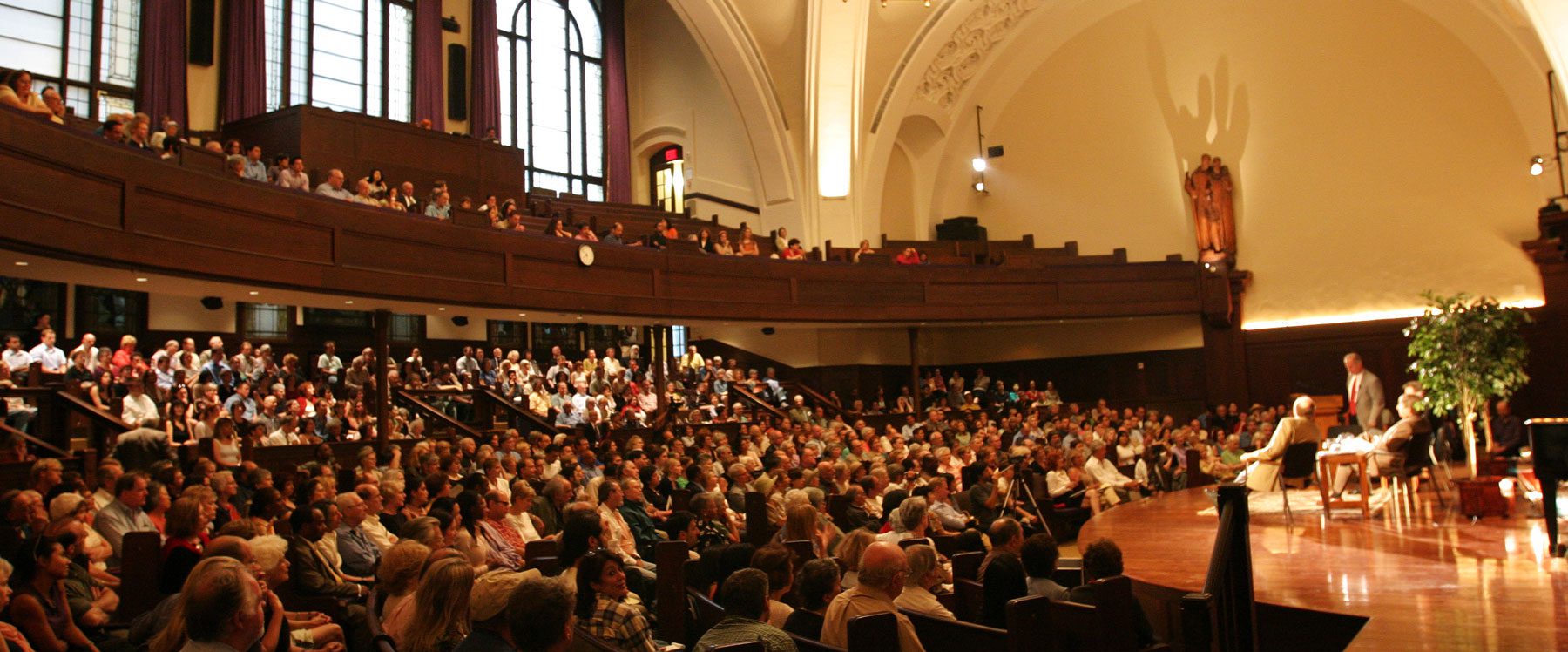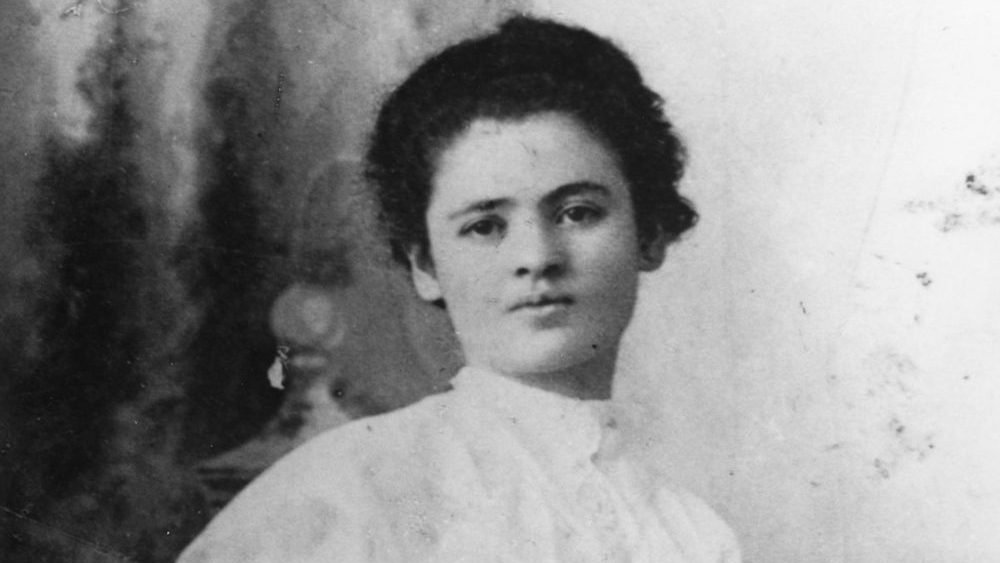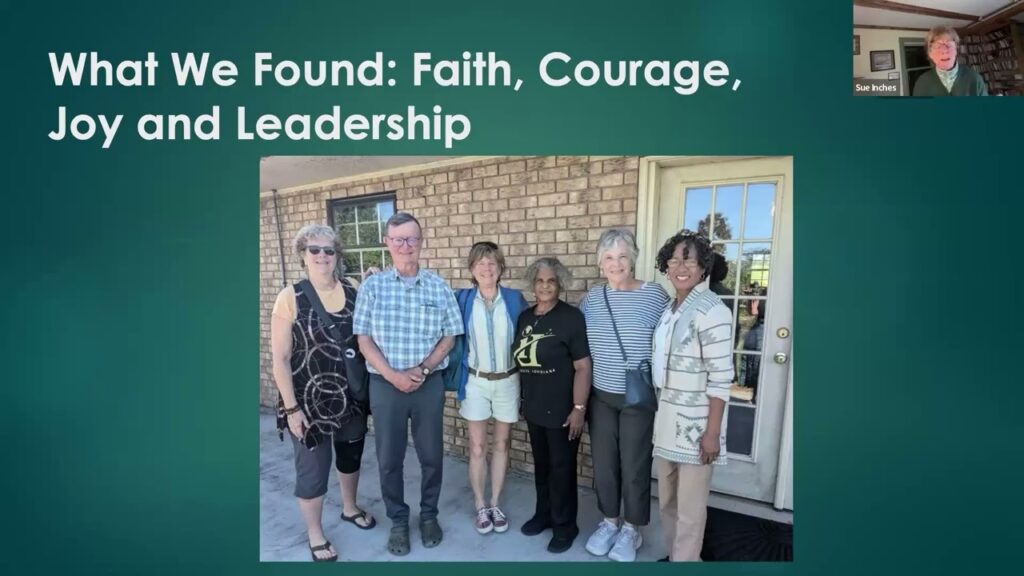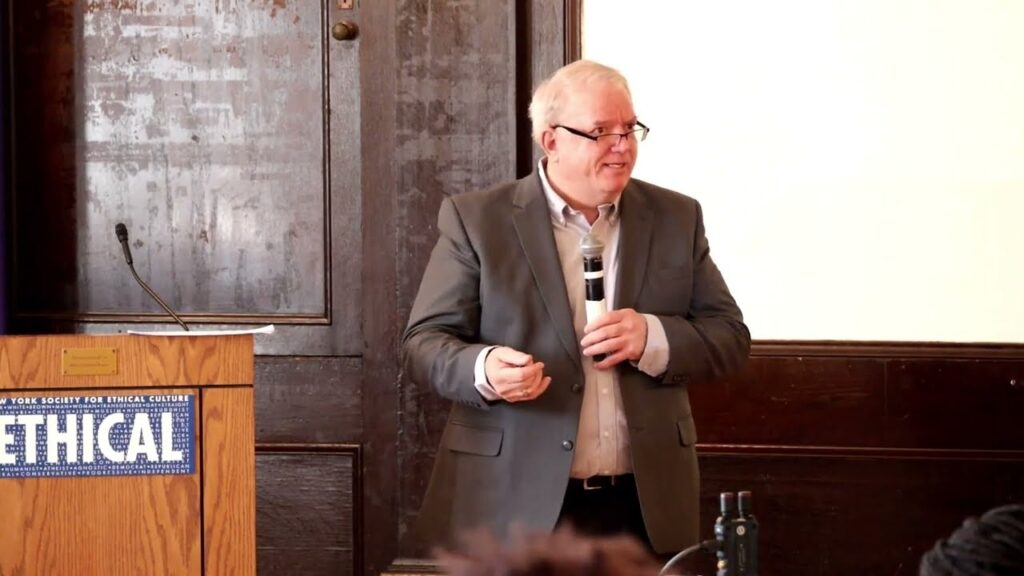
When I meet with newcomers, individually or at our monthly receptions, I tell them about the “Four T’s” of membership: time, talent, treasure and training. The first three seem obvious: contribute in different ways to the well-being of the community; the fourth might sound like indoctrination, a practice unfamiliar to a “free-thought” community. “If you plan to join our community,” I tell them, “– and I hope you do, you need to be able to tell your family and friends what it is you have joined. Yes, we’re a lovely group of people and we offer terrific programming, but what do Ethical Culture and humanism really mean – and what can they offer the world?” A Q-&-A session or FAQ sheet can only scratch the surface. That is why we Leaders offer classes, study groups, workshops, etc. on history, concepts and practices. And when members have exhausted all that we have to offer (Is that even possible?), there’s The Humanist Institute (http://www.humanistinstitute.org).
Formerly the North American Committee for Humanism, the Humanist Institute is a graduate-level leadership education and training program founded in August 1982 by visionaries across the spectrum of the humanist movement (Ethical Culture, Unitarian Universalist humanists, Society for Humanistic Judaism, Council of Secular Humanism, and the International Humanist and Ethical Union). This alliance was a response to the urgent need to find effective ways to bring the message of humanism to a wider public. Since that first meeting, when the committee established The Humanist Institute (THI), seventeen classes have graduated from the 3-year seminar program, providing skilled leaders to the humanist community and the larger world. Two more classes met last month.
I was a member of Class 10 (1999-2003) with co-mentors Jone Johnson-Lewis, Leader of the Northern Virginia Ethical Society, and Dr. Harvey Sarles, University of Minnesota professor specializing in science, human nature, and pragmatism. They were a good match, engaging us in rousing discussions of the many tomes we were required to read. My participation was part of training for Ethical Culture leadership, as was Randy Best’s, now Leader of the Ethical Society of the Triangle in Chapel Hill, NC. Other students were leaders of local American Humanist Association chapters, members of Unitarian Universalist churches, and people who had just discovered humanism and wanted to learn everything they could. Together our journey took us from concepts of humanism and ethical theories to religion and science, from critical thinking and leadership to aesthetics and celebration. Lest you think that we were cooped up all day reading, writing and talking, let me reassure you that we also took field trips to museums, science labs, and meeting houses of traditional faiths.
Four years after my graduation, I was invited to co-mentor Class 15 (2007-10) with Dr. Anthony Pinn, Professor of Religious Studies at Rice University, and for the last three years I have served with Carol Wintermuthe as co-dean of the Institute. Last month I observed seminars with Classes 18 and 19, the former immersed in science, the latter world religions – two of my favorite topics, both as a student and mentor. With two Ethical Culture Leaders-in-Training and three NYSEC members participating in these classes, we are well represented.
In addition to these seminars, THI offers an online program called COHE (Continuum of Humanist Education), the Internet’s first offering of interactive courses in humanist thought. Current courses include Humanist Activism & Organization, Humanist Parenting, Science & Humanism, Psychology & Humanism, and Religion & Spirituality. So if you can’t make the commitment to a three-year course of study, check out these and other courses. That “fourth T” of membership can be an exciting new adventure!







